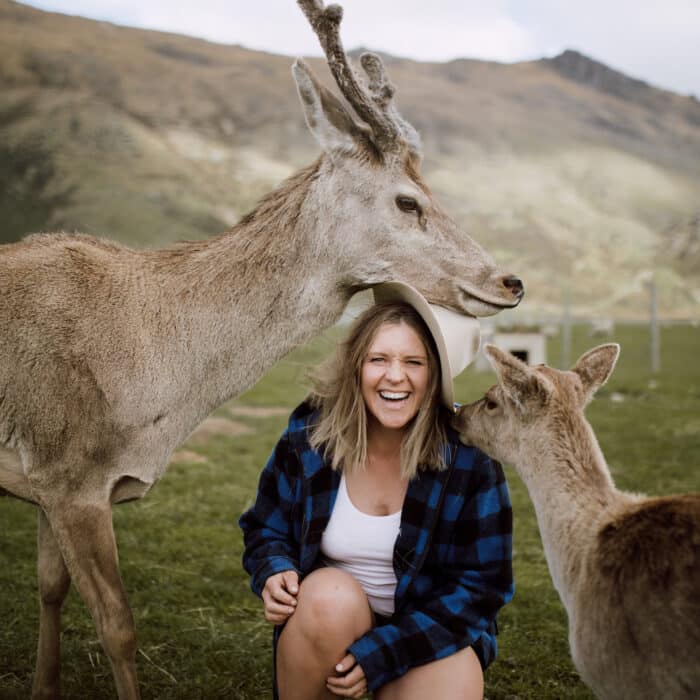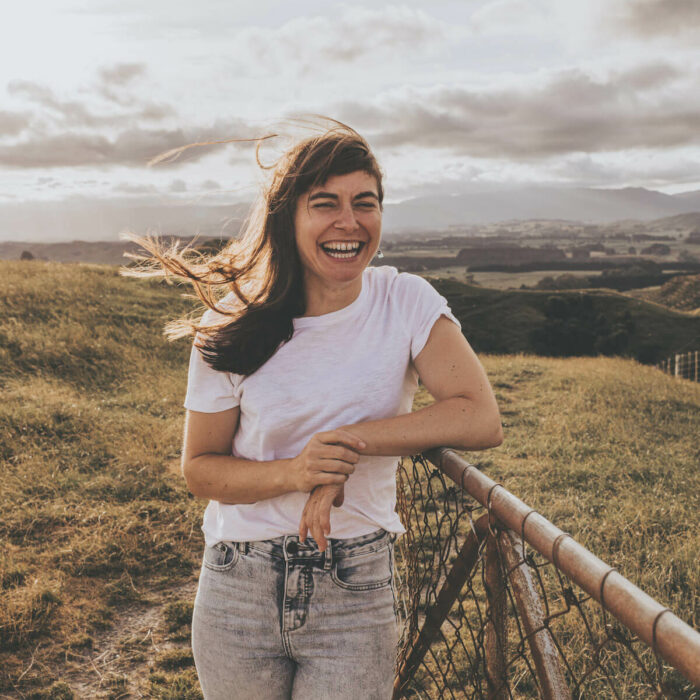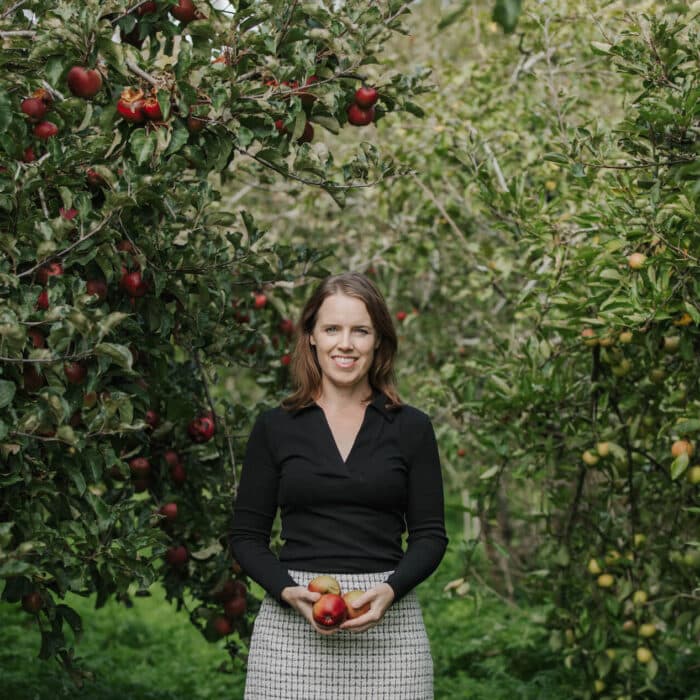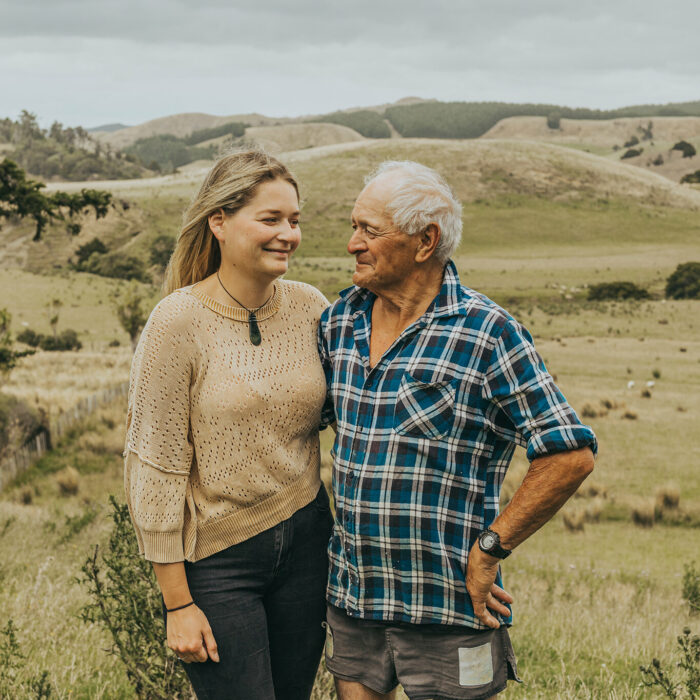
I became interested in being a GP as a career probably through exposure, when I had a couple family members who were unwell. I’ve always felt like I’ve been a compassionate person, but I’m also quite task-focused and so I like the idea that you’re helping people in a practical way.
I started working at Gore Medical Centre at the end of 2013. Because I’m working in a clinic location that’s very much where I grew up, I see people I went to school with, people who know my siblings, people who know my grandparents. My elderly patients that come in, as soon as they find out who my grandmother is, we’ve just got an instant rapport, cos her good deeds are known throughout the town. It does make it easier to build rapport, and people know they can trust you. I guess it makes you become more honest and transparent because you can’t be a different person in different places. But you’ve got to be able to switch in and out of roles. I’ve got to try and have just good boundaries, healthy boundaries.
I actually just did some research on family history. My daughter had to do it as part of a school project, and it probably became more my project. My heritage is all Scottish, and a lot of them probably immigrated from Scotland from the 1860s onwards and were all farming. They were quite isolated and living in quite harsh conditions. That’s going back five generations, in and around the area south of Otago.
I grew up on a sheep-and-beef farm. When I was growing up, it was just sheep and beef, and then they started getting into a bit of dairy. My husband Nathan and I, our farm is a dairy farm. We’re milking approximately 385 cows. We do have contract milkers here on the dairy farm and that was sort of essential for us to be able to balance my work and having a young family. I used to milk cows on a regular basis until my work commitments became quite significant, and then I sort of said, “I’m off the roster.”
Our parents have been really supportive, particularly with childcare when the children – Kaitlyn, 8, Ruby, 6, and Louisa, 4 – were young and I was working, because when you live where I live childcare options are quite restricted. For rural mums coming in to the doctor, they often come with their preschool children while the others are at school. The clinic is quite understanding and accommodating; it’s quite common for one of the nurses to hold a baby so the mum can have a procedure done.
I do see when you tell farmers like, “Hey, you’ve got this injury,” or “You’ve got this illness,” and “You’ll probably have to take time off work,” and they say, “Well, I just can’t, I have to do the work” – particularly around calving time or lambing time. I’m definitely a lot more understanding of the pressure they’ve got and the responsibilities they’ve got for their own business. I tend to try to negotiate, “Okay, maybe you could do this; have you got someone who can do this job?” and just understanding what tasks are involved on the farm helps. If the health issues can be dealt with over the phone, that works quite well for a lot of rural people.
My husband and I both have a faith as well, so we’ve been involved with the church, and we’ve found our church family to be really supportive. Our faith grounds us; it directs us and it gives us a conscience, too. In what we do, we make sure we’re doing it with honesty and integrity. Support networks and close friendships can also be found in many other community and sports groups.
I’ve learned to recognise what drains me and what fills my tank up. I find I do just need a bit of time alone, whether it’s on my bike or taking the dog for a walk or out in the garden. I’m getting into growing vegetables. I just need that time – particularly outdoors, I have to be outdoors.
Mental health is something my husband and I have really appreciated over the last couple years. With all the Covid restrictions, it’s just getting to know our neighbours better, and how much support we can be to each other. And the more you get to know them, the more comfortable you feel to ring when you need a hand, when you’re sick and you might need some help, or if the conditions are just getting to you and you just need to have someone to talk to, to encourage you. I think it’s good to be real and honest with each other.
This story appeared in the Ngahuru Autumn 2023 Edition of Shepherdess.
Related Stories
“I had to innovate or die.”
Laura Koot, 36, founded agritourism business Real Country to share a taste of “real, rural New Zealand” with her guests.
Brooke Taylor
This story is the fifth in a series where we share, in their own words, the stories of ten women who call Tararua home.
The Peri-Urban Pantry
Dr Shannon Davis is examining how bringing farming back into local communities can make Aotearoa think differently about the edges of its cities.
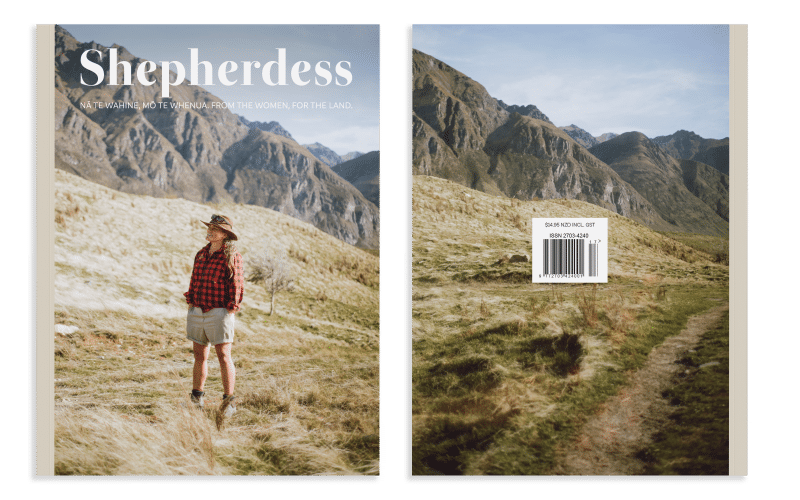
Out Now
Seventeenth Edition
Our beautiful Ngahuru Autumn 2024 Edition is out now!
